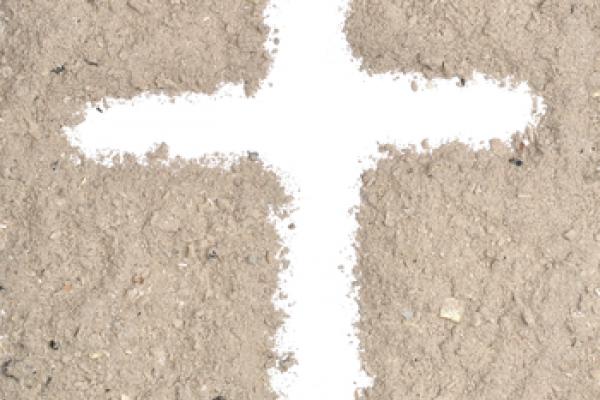With the exception of “WWJD” bracelets, there are few times when outward physical appearance reveals Jesus followers in the public square. Other religions often require their faithful to move through the mundane activities of life outwardly proclaiming the core of their faith. For the traditional Hindi it is the saree or the sherwani. For the Muslim it may be the kurta or hijab; for the traditional Jew the yamaka or headscarf. Every day around the world these men and women move through life, often in cultures unlike their own — marked.
Once a year the global body of Christ reveals itself to the world en masse. Foreheads marked with ashes, the global church moves through the first day of Lent with the sign of the cross in plain view for all to see. In the midst of the mundane, those ashes blend with sweat and soot and reveal to the world just who is a follower of Jesus in their midst.
It is a profound feeling to move through the streets of Washington, D.C., New York, Los Angeles, Cincinnati, or Huntsville, Ala., with your deepest beliefs marked on your forehead.
The Lenten mark of the cross, in tangible form, brings the church into solidarity with Jesus’ 40-day struggle in the wilderness — the place of desolation, the place of waiting and wandering, temptation, and confrontation with the limitations of our human-ness.
Read the Full Article

